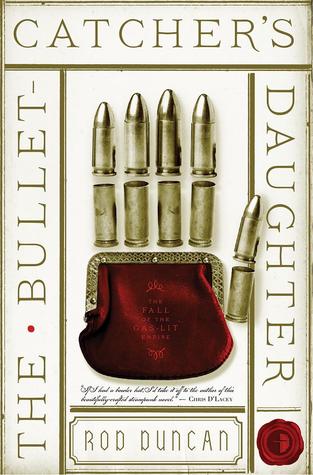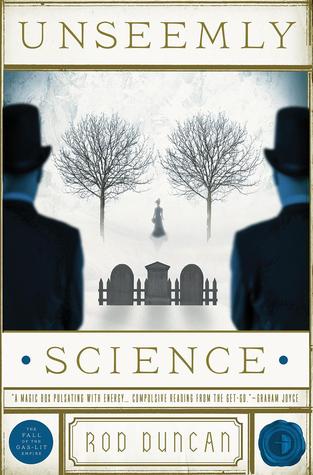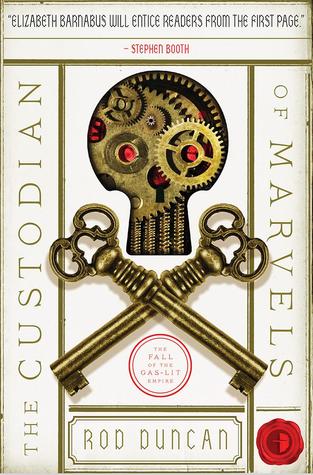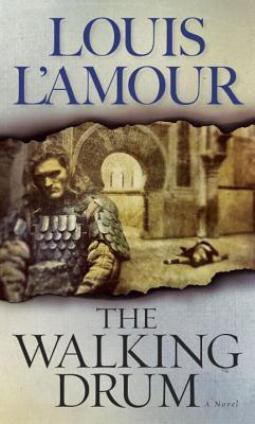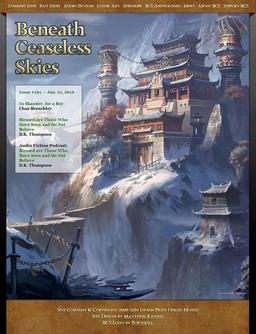January 2016 Lightspeed Magazine Now on Sale
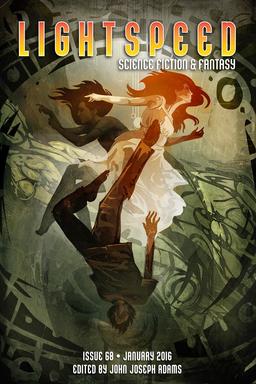 Editor John Joseph Adams makes a welcome announcement in his editorial this month.
Editor John Joseph Adams makes a welcome announcement in his editorial this month.
You might notice something a little different this month in the magazine. That’s because we’re changing the way we select our covers. Previously we sought out existing artwork and licensed it for use on our covers, but henceforth we’ll be commissioning original cover illustrations, based on one of the stories in the issue. First up is Galen Dara, with an illustration of Will McIntosh’s “The Savannah Liars Tour.”
Our current plan is to use a small team of artists we know and like, and rotate among them — and since that means we’ll be repeating the same artists fairly frequently, we’re doing away with the artist spotlight feature. So in lieu of that we’ll be presenting a new rotating nonfiction column, starting with a new movie review column by bestselling author Carrie Vaughn. Carrie’s column will appear a couple times a year (probably quarterly), and we’ll rotate in other nonfiction in the other months; as for what will be in that “slot” next — stay tuned! We’ll have more information about that next month.
Lightspeed has always had fabulous cover art, and I’m delighted to see that it will now showcase the fiction inside as well.
This month Lightspeed has original fantasy from Will McIntosh and Kat Howard, and fantasy reprints by Peter S. Beagle and Leena Krohn, and original SF by JY Yang and the collaborative team of Keith Brooke and Eric Brown, plus SF reprints by Jason Gurley and Kate Bachus. All that plus their usual author spotlights, an interview with J. Michael Straczynski, and book reviews by Andrew Liptak. eBook readers get a bonus reprint of Michael Swanwick’s Hugo and Nebula Award-nominated novella “Griffin’s Egg,” and an excerpt from the new novel Barsk by Lawrence M. Schoen.
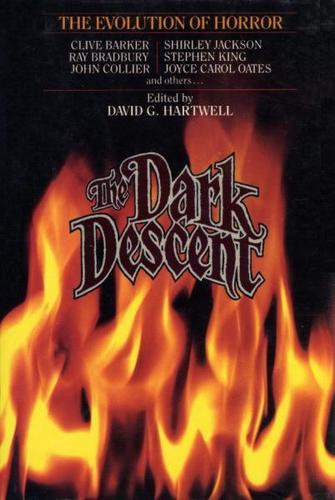
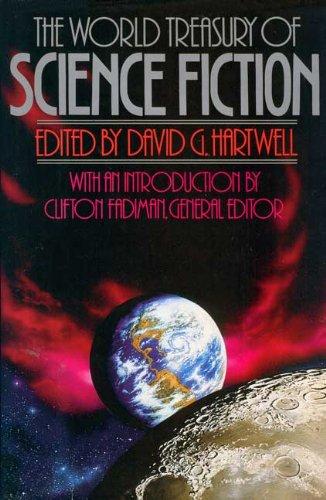
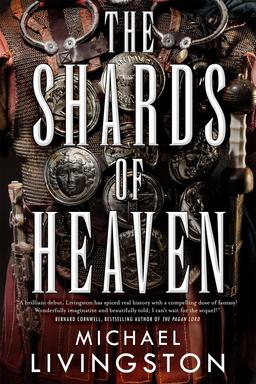
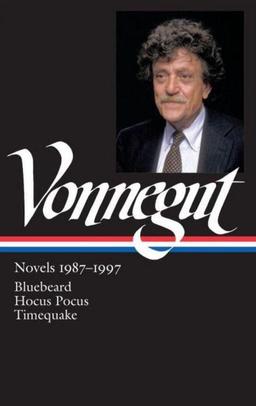

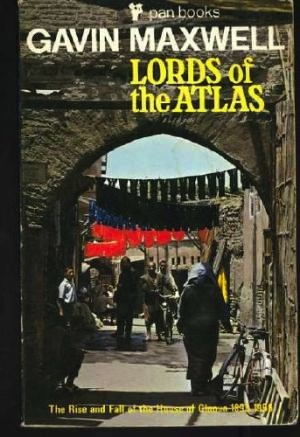 For people who have never been there, Morocco conjures up images of decadent ports, imposing casbahs, mysterious medinas, and mountains filled with bandits. It’s a mystique the tour companies like to perpetuate for this modern and rapidly changing country.
For people who have never been there, Morocco conjures up images of decadent ports, imposing casbahs, mysterious medinas, and mountains filled with bandits. It’s a mystique the tour companies like to perpetuate for this modern and rapidly changing country.